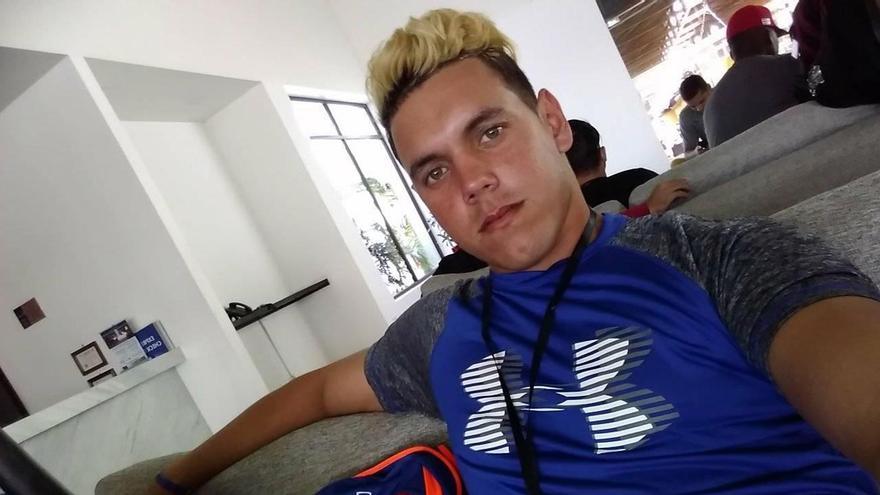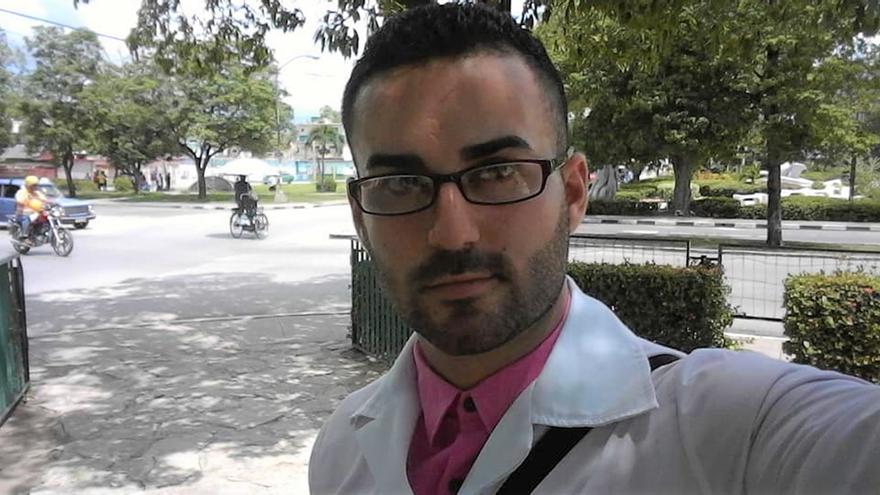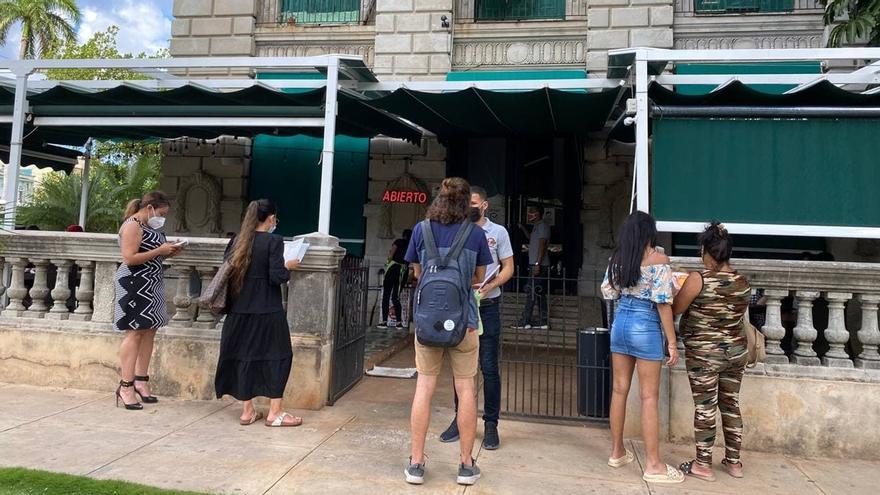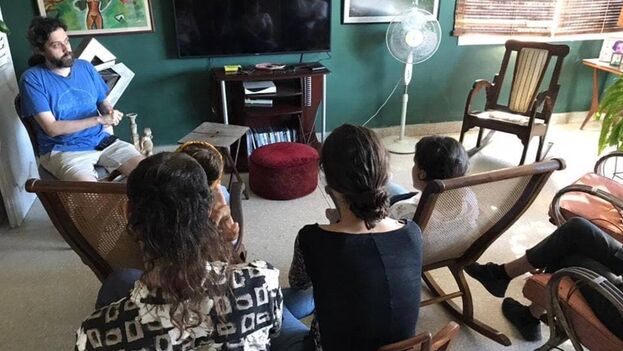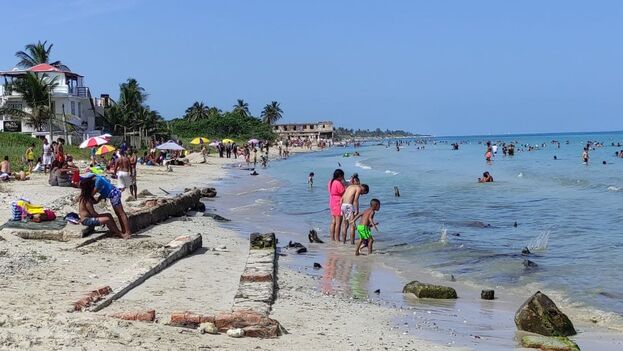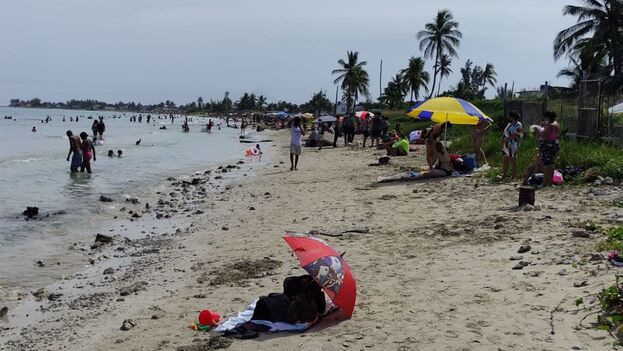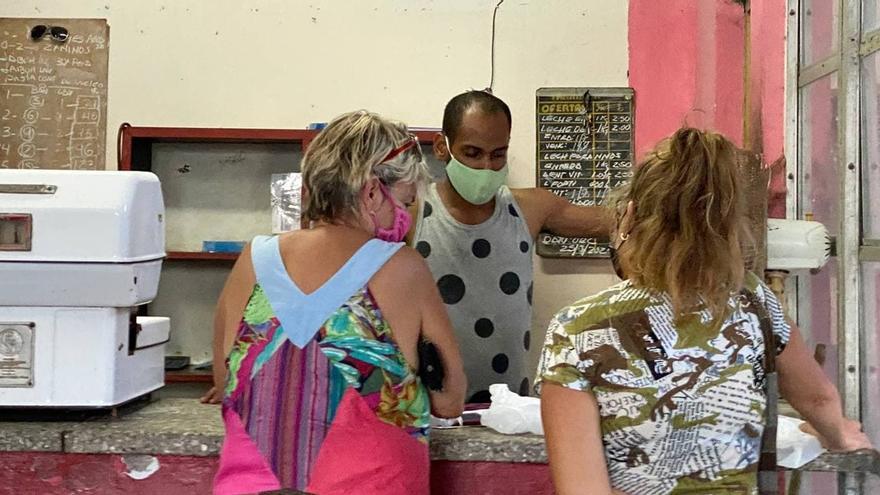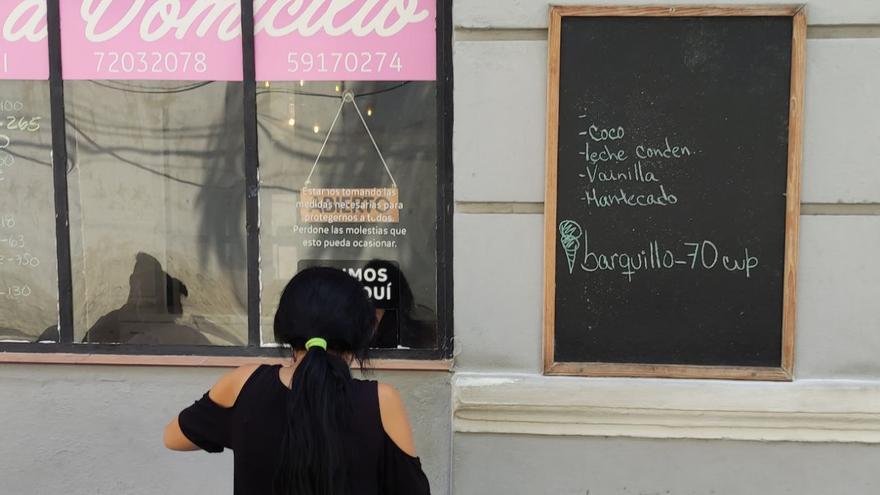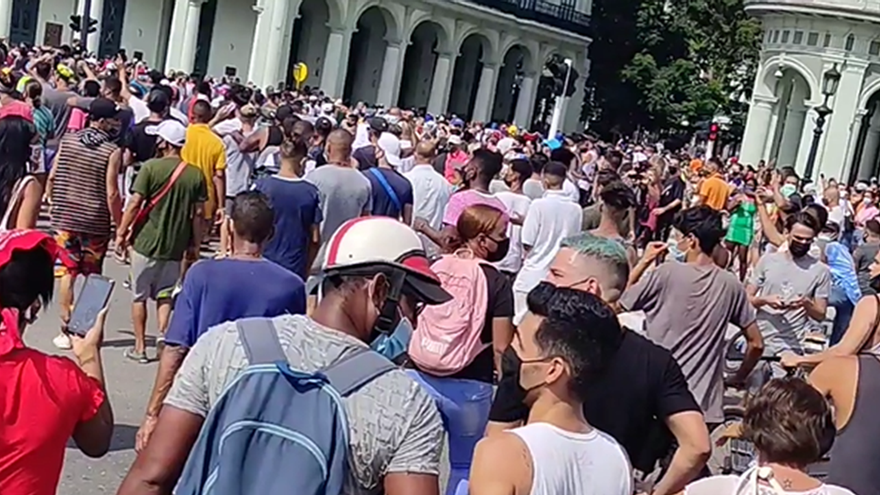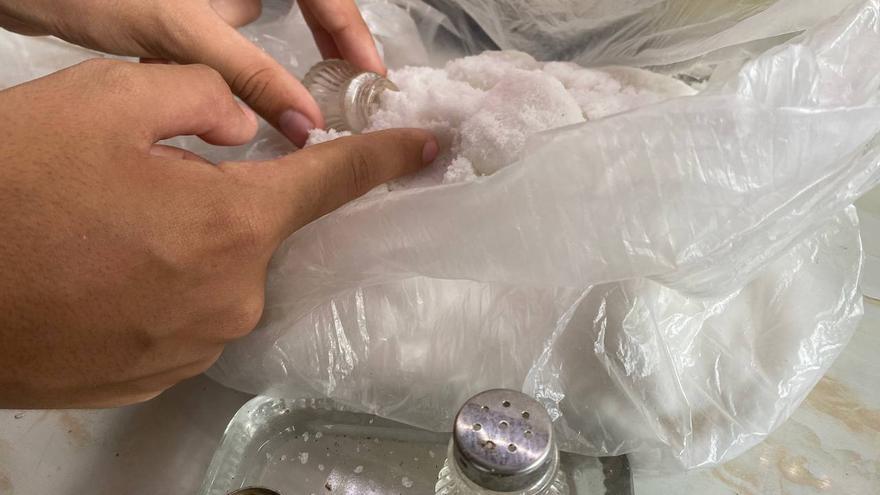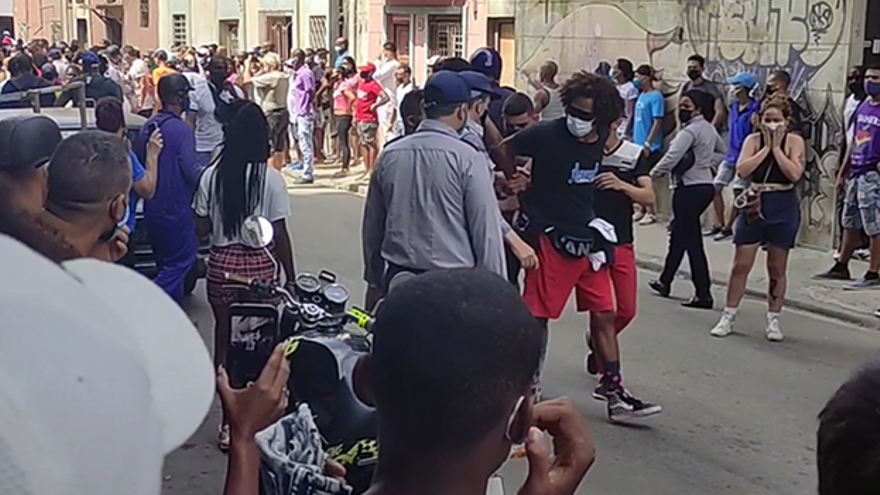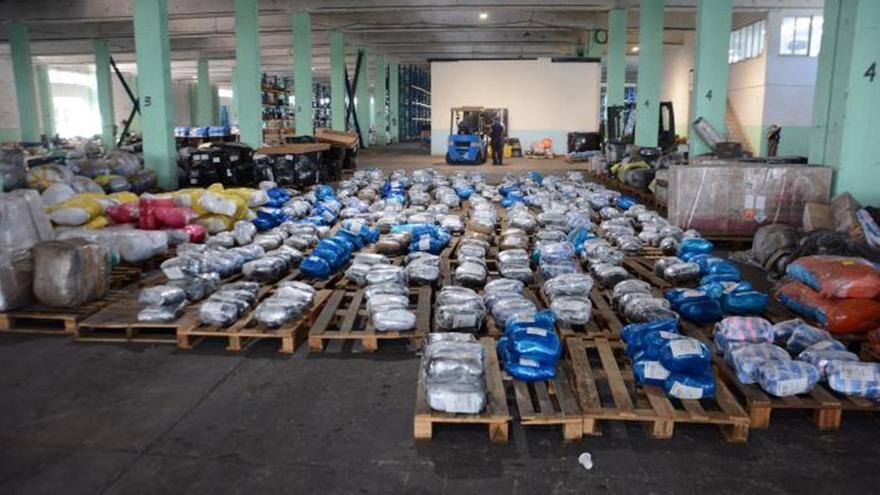
![]() 14ymedio, Havana, 8 October 2021 — About a million packages sent to Cuba from abroad have been piled up in state warehouses, some of them for more than a year, while the recipients, overwhelmed by needs, cannot get them delivered.
14ymedio, Havana, 8 October 2021 — About a million packages sent to Cuba from abroad have been piled up in state warehouses, some of them for more than a year, while the recipients, overwhelmed by needs, cannot get them delivered.
With the worst economic crisis of this century and a growing shortage in the island’s markets, Cuban families have become increasingly dependent on these packages to survive. These are, in most cases, medicines, vitamins, personal hygiene items, footwear and clothing, products that cost the regime nothing and that, here in plain sight, can not reach the hands of their recipients.
The information about the delay in deliveries came this Thursday from the mouth of the Prime Minister himself, Manuel Marrero Cruz, who demanded, according to the official press, “a definitive solution,” although without specifying how.
Just three weeks ago, after visiting four agencies in Havana that are dedicated to receiving and delivering international parcels, Marrero said continue reading
The most surprising thing about his statement on Thursday is that Marrero did not blame the US ’blockade’, while acknowledging that the delays in service were also not related to covid-19. And so, he vehemently asked that an end be put to the recurring “delays in these efforts (with and without a pandemic) over time.”
He even said that the management center created in the Ministry of Transport had already delivered “very important results.” Companies that distributed between 1,000 and 2,000 packages a day had gone on to deliver 19,000, the prime minister detailed.
Between September 29 and October 5 alone, some 114,000 packages were received on the island. In that period, just over 305,000 were dispatched and 80,000 were classified as delayed. In the warehouses this Thursday there were around a million packages that must be delivered to just over 500,000 customers, the State newspaper Granma reported.
The official newspaper clarified that 30 days is the maximum term accepted to consider that the delivery is on time: “Beyond that, it is delayed.”
In addition to complaints about month-long delays in deliveries, state agencies are also heavily criticized for corruption and theft of goods. Two of them are Aerovaradero and Correos de Cuba, which have had to acknowledge the habitual embezzlement of packages and apologize to their customers.
____________
COLLABORATE WITH OUR WORK: The 14ymedio team is committed to practicing serious journalism that reflects Cuba’s reality in all its depth. Thank you for joining us on this long journey. We invite you to continue supporting us by becoming a member of 14ymedio now. Together we can continue transforming journalism in Cuba.

